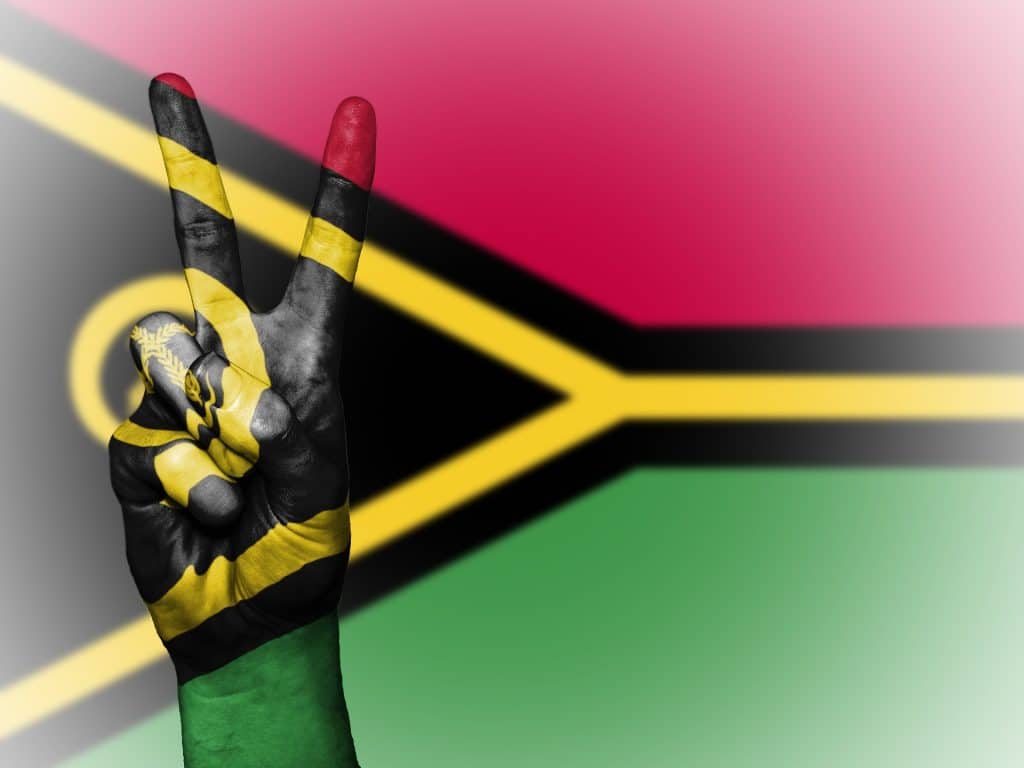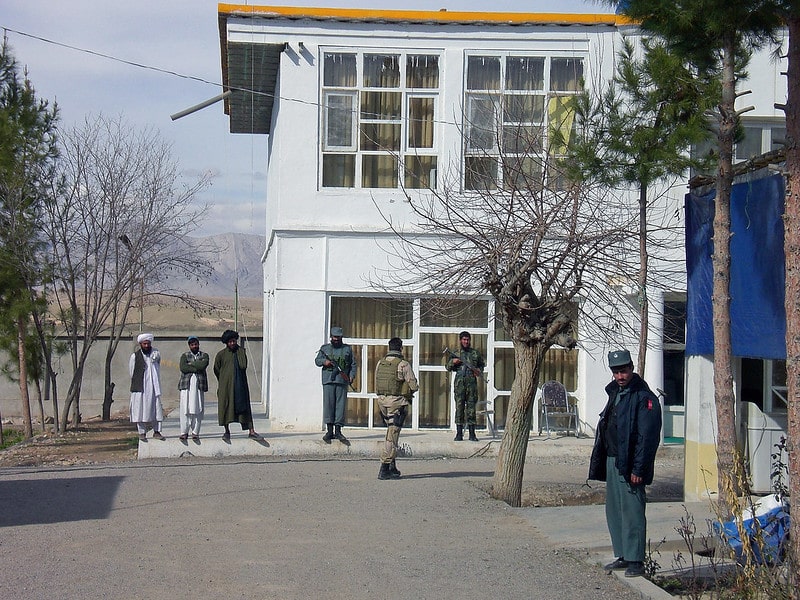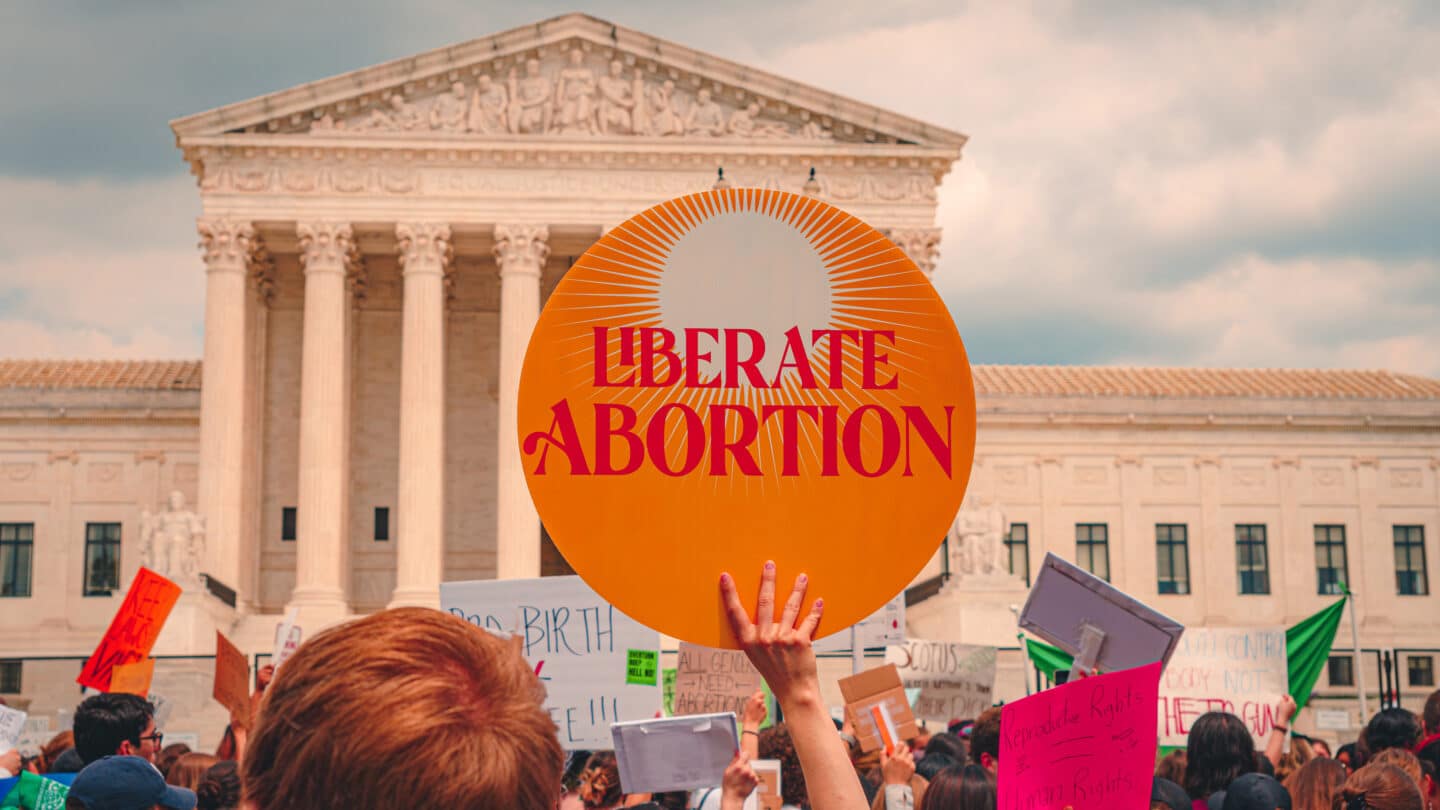Wherever you look, climate change is a topic that comes up everywhere. However, some countries are hit harder by its effects than others. One of the places where this is very evident is the small island state of Vanuatu. To challenge Western countries on this, a coalition of 18 countries led by Vanuatu has gone to the International Court of Justice (ICJ). What does this mean and what are the possible consequences?
The effects of climate change
Vanuatu is a small island state with a population of about 300,000 located in the Pacific Ocean. For small island developing states (SIDS), climate change remains main problem when it comes to sustainable development. Without a strong climate approach, sustainable development is quite complicated. Examples include increasing extreme weather events and rising sea levels that cause crop failures and fishing problems. Both can lead to extreme food shortages and famines on the islands with all the consequences.
Despite the major disadvantages SIDS face due to climate change, they contribute almost nothing to global warming. It is mainly developed countries that are causing and have caused most of this. According to Vanuatu in doing so, these countries are violating a host of treaties that have been signed and agreements made. Fundamental human rights affected by this include the right to food and the right to housing. Without virtually being able to do anything about it, these are being taken away from residents of SIDS and other developing countries. Other agreements such as those made in the Paris Climate Agreement (2015) are also not being respected as a result, according to Vanuatu.
The consequences of an opinion
To make these violations more tangible, Vanuatu has worked with a coalition of countries to an application done to an ICJ opinion. This asks about the obligations of states on climate change and the consequences for states of contributing to climate change. An opinion is different from a ruling, as an opinion is not binding. Nevertheless, it can be a powerful tool to put states on notice.
If the ICJ issues a positive opinion towards Vanuatu, it will send a clear signal of global recognition that climate change is a major problem. This opinion can then serve as a strong form of authority during rulings made by other courts. Another benefit of a positive opinion is improving the integration of global law into the Paris Climate Agreement. Currently, many agreements made in this are still too non-committal and holding countries accountable for not complying with the agreement is difficult. A positive opinion would thus give impetus to countries for a more ambitious climate policy than is currently being pursued and provide clear guidelines for climate disputes between states.
Of course, there are also risks with this proposal. For instance, it could be that this proposal will have little international support or, in the worst case, the ICJ will issue a negative opinion. However, the amount of support from climate scientists and the large presence of evidence strengthens the island state that this will not happen.
What will happen next?
On 20 February, the coalition of 18 countries presented the final resolution. Countries with strong climate ambitions can now co-sponsor this resolution, which simply means supporting it. If many countries do this, it sends a clear and strong signal that countries are united when it comes to strongly addressing climate change and complying with existing agreements.
Meanwhile, all more than 100 countries, including Netherlands, expressed their support for the opinion request. This gives great hope for a positive opinion, but it will be a while before the ruling is finalised and what the consequences will be.
Image: Pixaby





